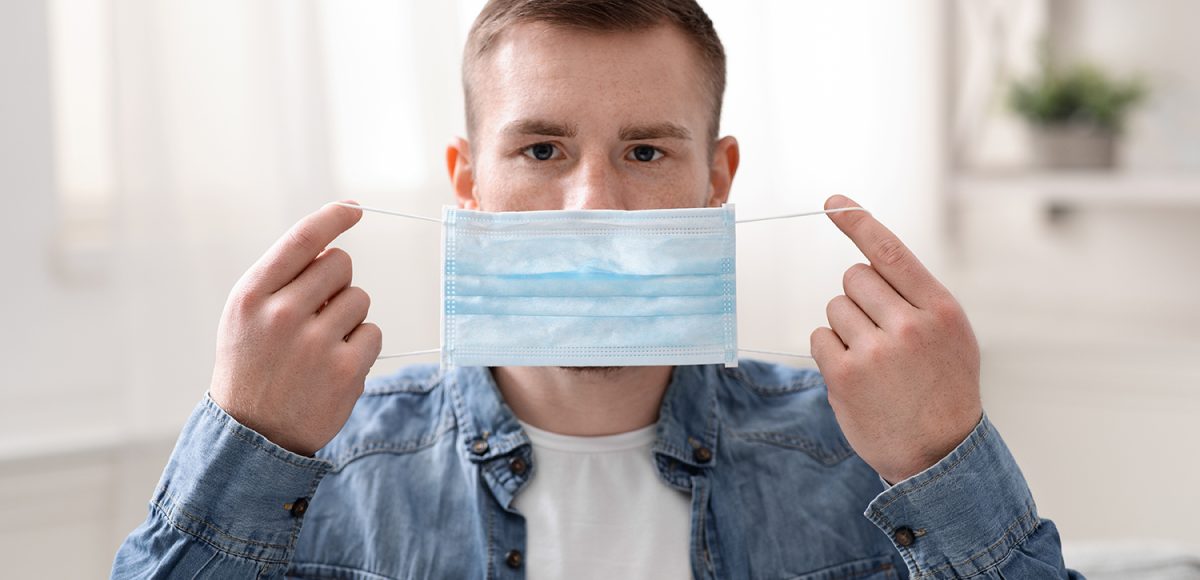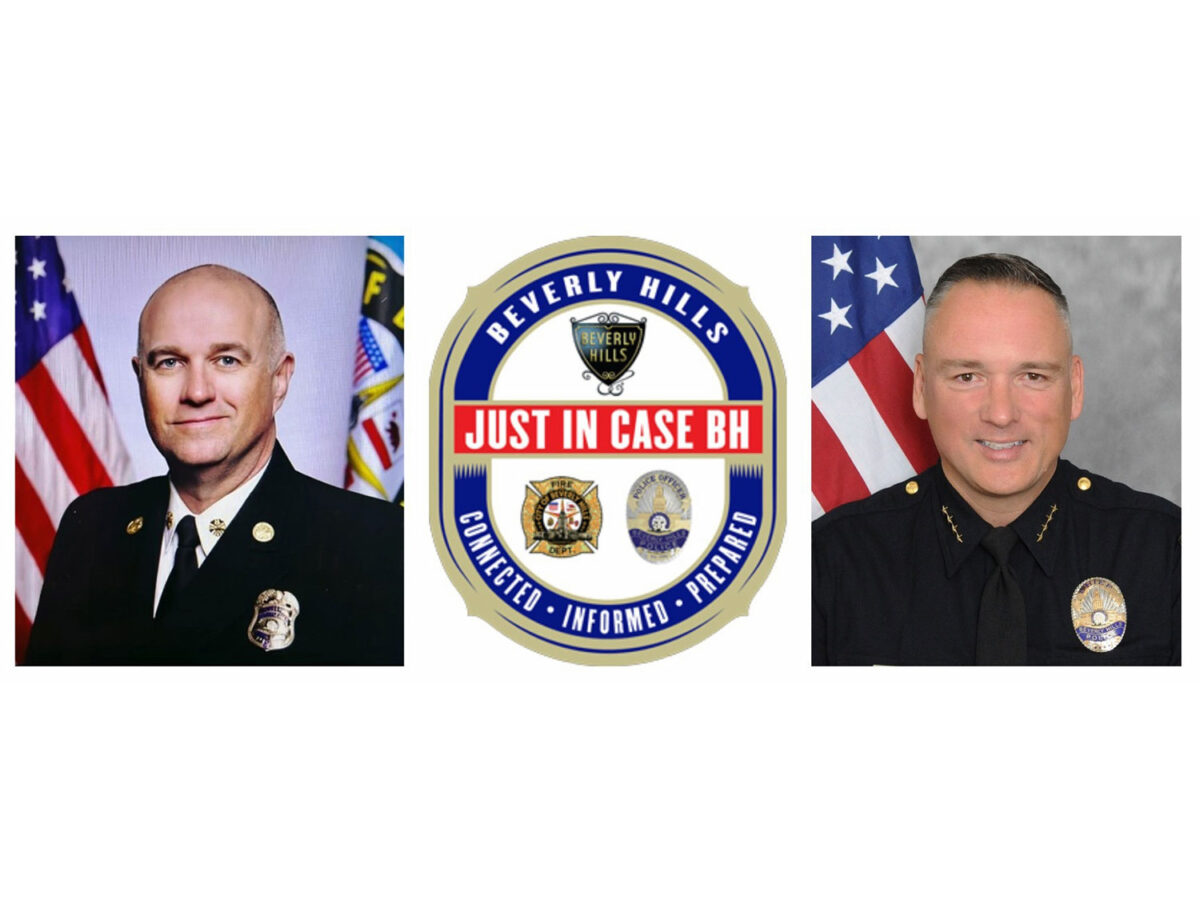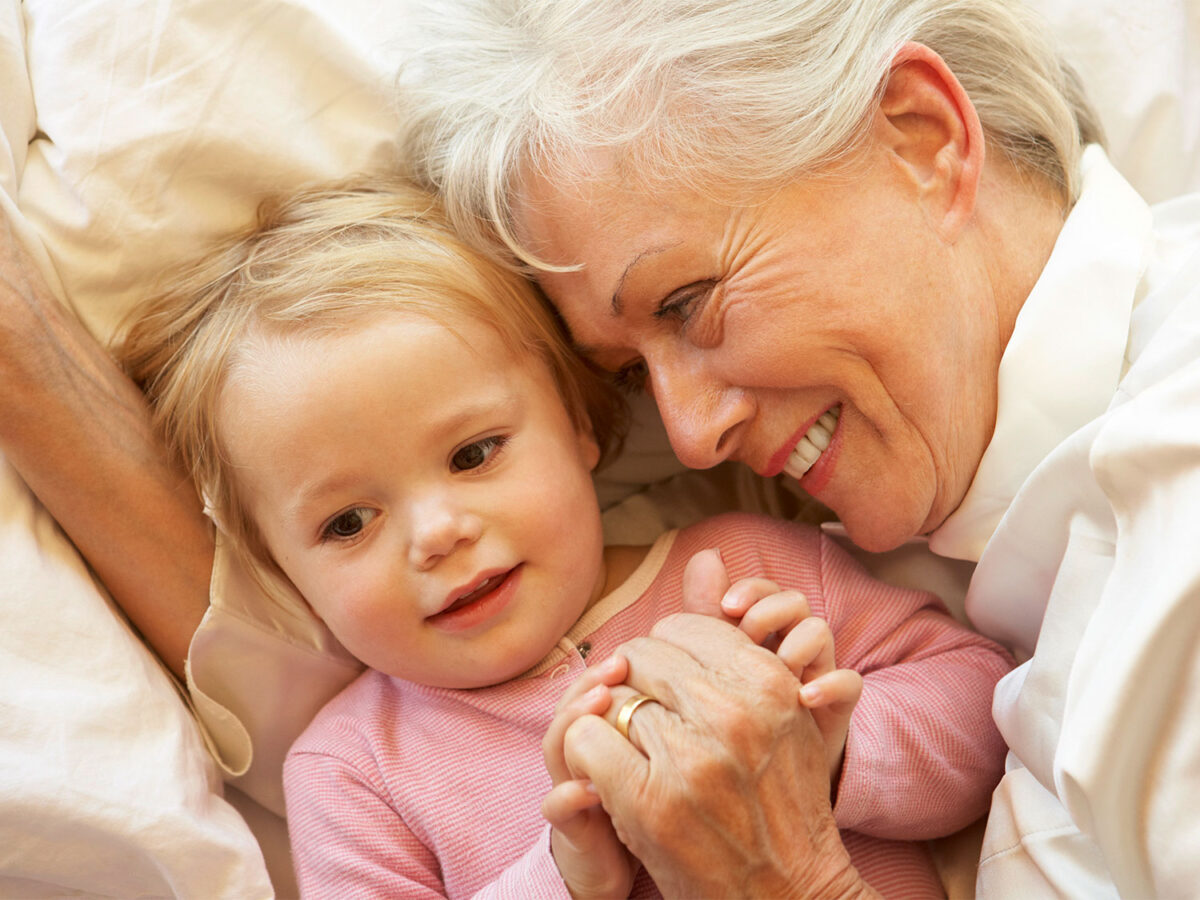Beverly Hills Courier columnist and Dr. Eva Ritvo is a psychiatrist with more than 25 years’ e
Already have an account? Click here to login
If you already have an account on this site, please login below. Otherwise, please proceed to the Details section.







